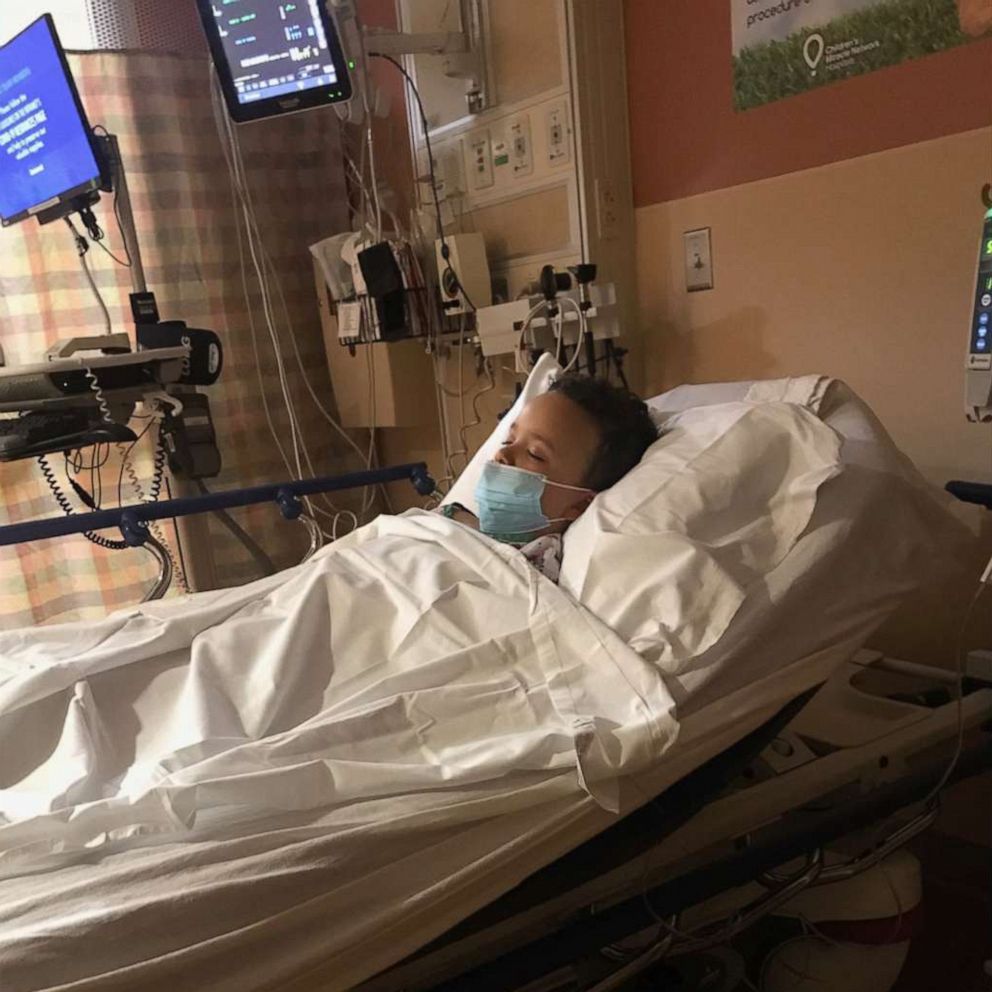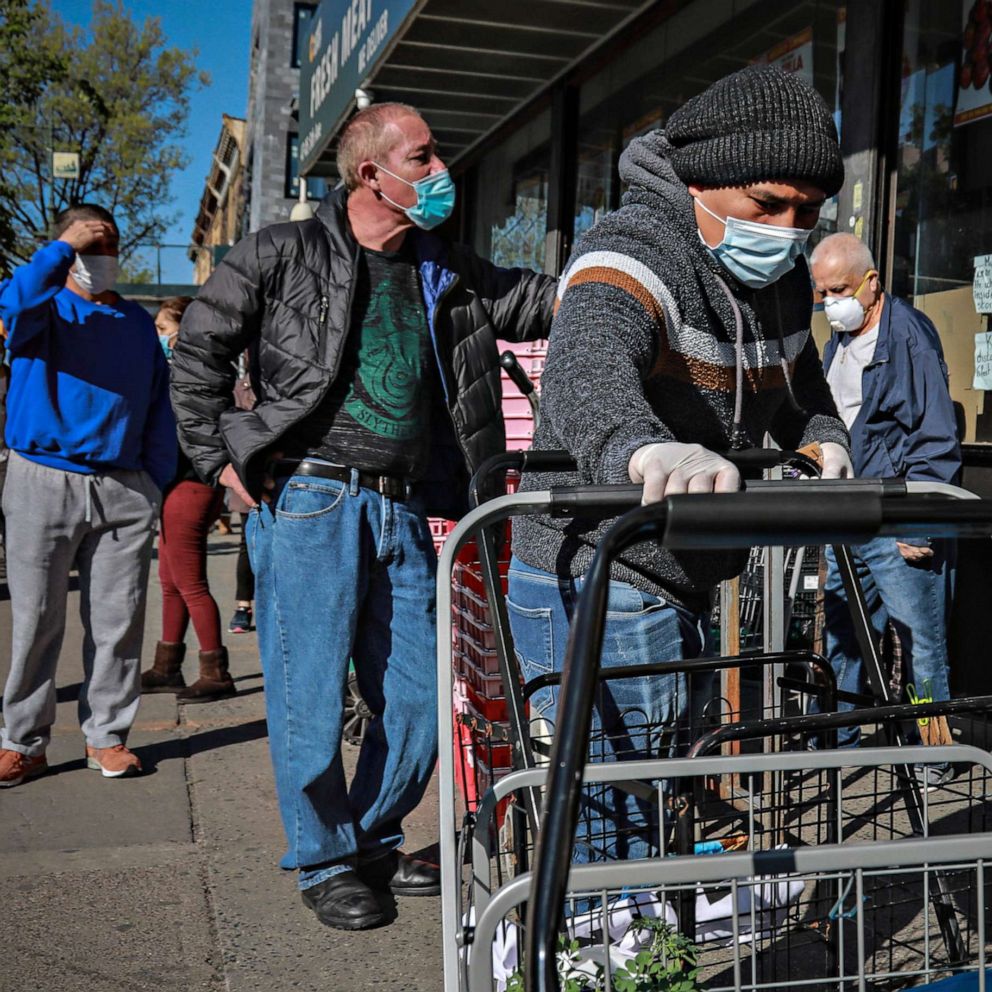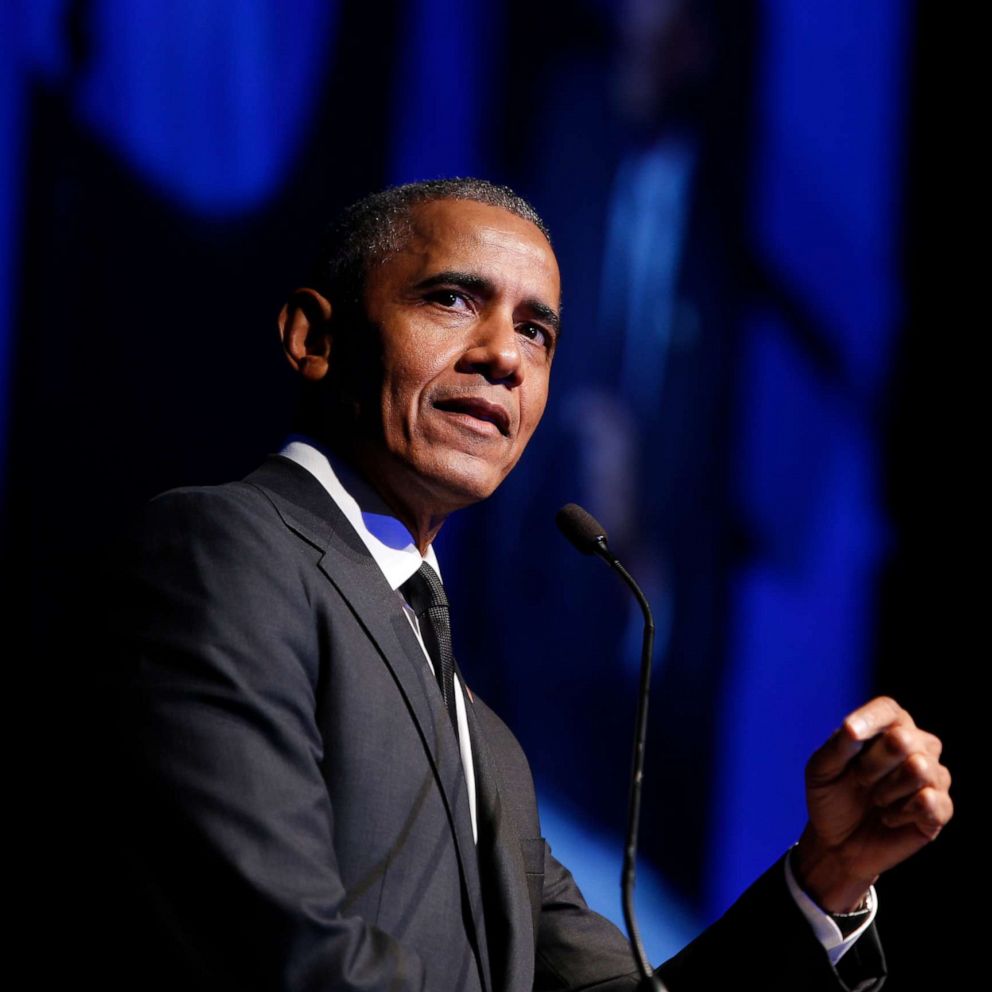COVID-19 battle takes toll on New York City blood supply: Mayor
The city's blood center is down to a two-day supply.
Having already faced a shortage of hospital beds and ventilators, New York City officials say the novel coronavirus has spawned a new crisis: an alarmingly low blood supply.
Mayor Bill de Blasio cautioned Sunday that the New York City Blood Center is down to just a two-day supply and pleaded with New Yorkers to help confront the latest health emergency posed by the virus.
"So many New Yorkers are saying in this crisis, 'What can I do? How can I help?' One thing you can definitely do, the one thing that will help for sure, is to give blood in this moment of crisis," de Blasio said at his daily briefing on the contagion.
He said that before New York City became the U.S. epicenter of the global pandemic, blood drives at businesses, churches and other sites were the biggest source of donated blood in the area. Now, blood drives have almost completely stopped as churches and businesses have been forced to shut down as part of the stay-at-home measures being taken to blunt the spread of the disease that has infected more than 190,000 people and caused nearly 16,000 confirmed deaths in New York City alone.
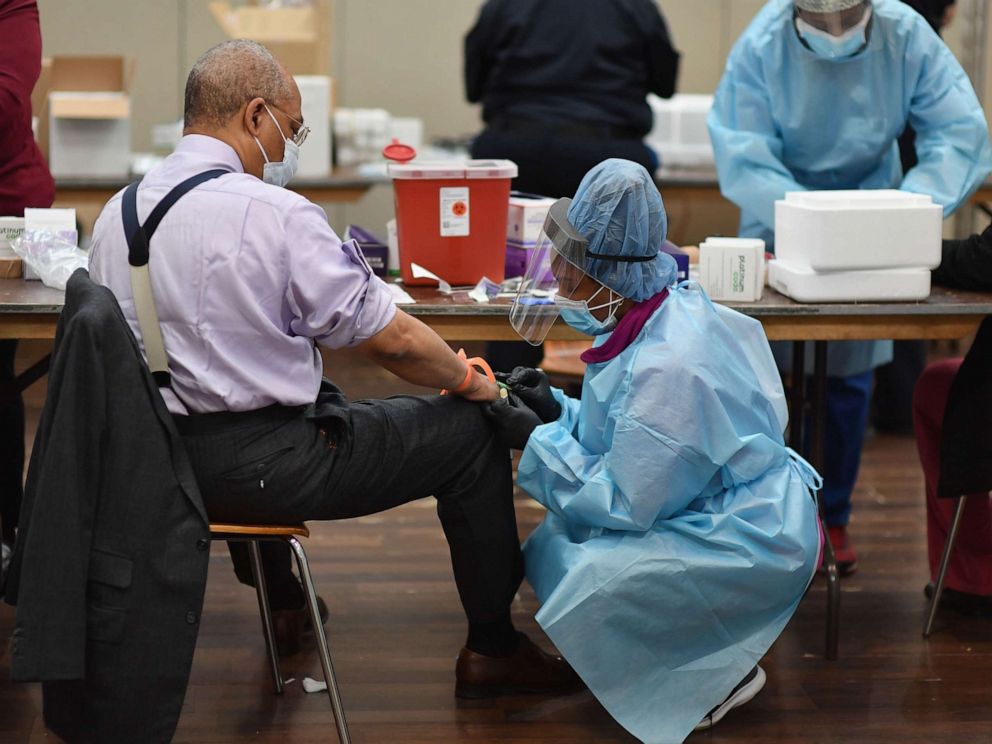
New York City Blood Center officials reported that donations in the area it covers have dropped roughly 14,000, or about half the blood it collects in a typical month.
Andrea Cafarelli, senior executive director of donor recruitment and marketing at the blood center, told ABC station WABC that the agency's mobile blood drives have been drastically reduced during the crisis, which began in March.
"We only had two last week -- a far cry from the 600 a month when we are under normal operations," Cafarelli said.
De Blasio said the city's public hospitals have implemented conservation practices to stretch out the emergency blood supply on hand.
"Unless we have a bigger supply of blood some surgeries cannot move forward," de Blasio said. "Obviously, things that are immediate and life-saving will, but others can't until there's more of a blood supply."
Blood center officials said they particularly need donations from "universal donors" or people with type O-negative blood that can be transfused into anyone in an emergency.
"This is an appropriate reason to leave home for sure," de Blasio said. "You'll be helping your fellow New Yorker and helping to keep people safe."
Anyone who wants to donate blood can make an appointment at the blood center website, NYBC.org, or by calling (800) 933-2566.
The New York City blood storage mirrors one occurring nationwide.
Blood donations overall have fallen and hospitals across the country face critical shortages as people stay home and blood drives are canceled because of the coronavirus pandemic, according to U.S. Surgeon General Jerome Adams.
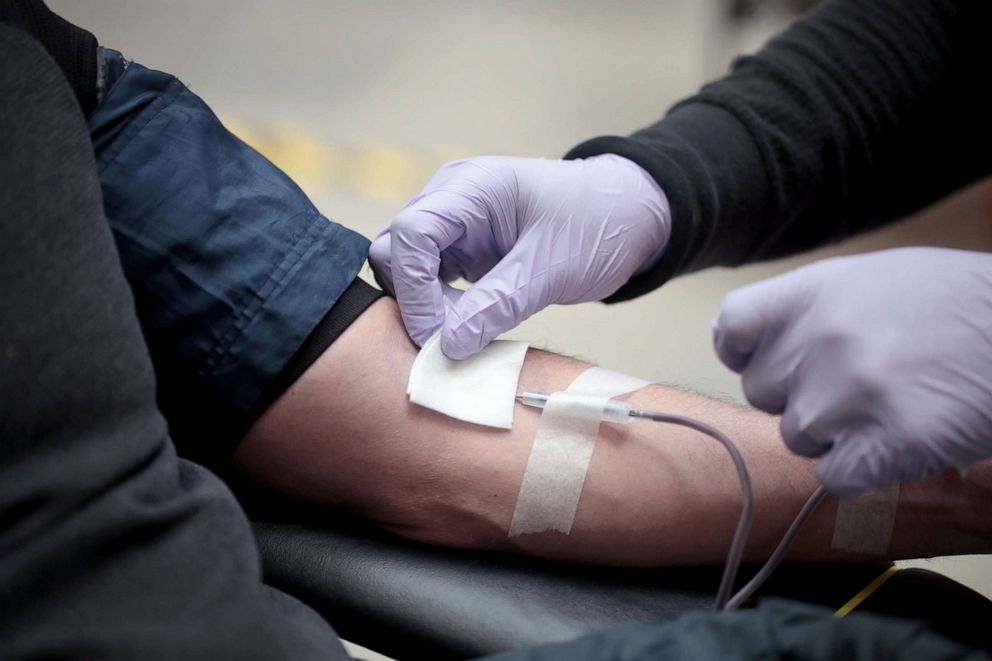
The Food and Drug Administration recently relaxed some of the restrictions that have blocked gay and bisexual men from donating blood. Restrictions on blood donations from gay and bisexual men, and other groups considered to be high risk for HIV or AIDS transmission, date back to the 1980s.
Hoping to boost donations, the FDA changed the deferral period for men who have had sex with another man from 12 months to three months.
The revised guidance also includes people with recent tattoos and piercings and women who have had sex with a gay or bisexual man; the recommended deferral period is now three months versus 12 months.
"Based on recently completed studies and epidemiologic data, we've concluded that the current policies regarding the eligibility of certain donors can be modified without compromising the safety of the blood supply," Dr. Peter Marks, director of the FDA's Center for Biologics Evaluation and Research, said in a statement last month.
Marks said tens of thousands of people could now be eligible to donate for the first time and organizations that previously objected to the referral policy may be more willing to host blood drives.
What to know about the coronavirus:
- How it started and how to protect yourself: Coronavirus explained
- What to do if you have symptoms: Coronavirus symptoms
- Tracking the spread in the U.S. and worldwide: Coronavirus map
Tune into ABC at 1 p.m. ET and ABC News Live at 4 p.m. ET every weekday for special coverage of the novel coronavirus with the full ABC News team, including the latest news, context and analysis.
